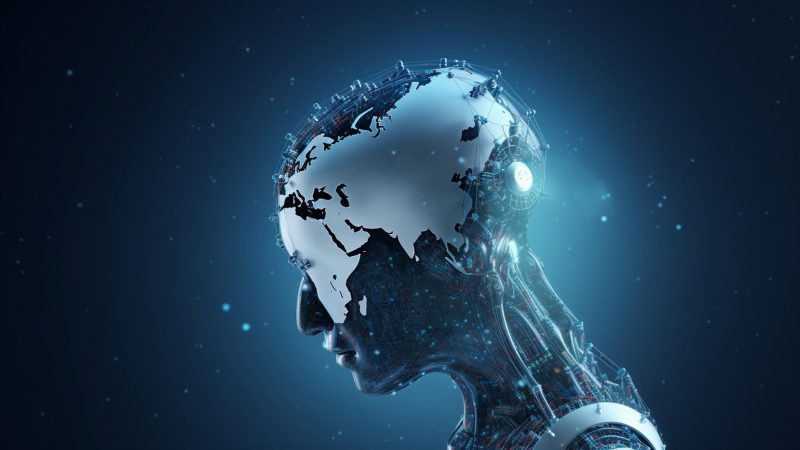According to a recent Reuters/Ipsos survey, 61% of Americans are concerned about the dangers associated with artificial intelligence (AI). The poll highlighted that the number of people who are concerned with AI is three times that of people who are not. As per the survey, only 22% of Americans do not feel AI is a threat to humanity. Meanwhile, 17% were not sure.
One interesting find is that people who supported Donald Trump in 2020 showed greater levels of worry. When compared to Joe Biden voters, 70% of Trump voters thought that AI could pose a threat to the larger population. On a religious note, 32% of Evangelical Christians “strongly agree” that AI poses a certain level of worry.
Although artificial intelligence is a concern for many Americans, crime and the economy are more pressing problems among them. 77% are in favor of boosting police spending to combat crime. In addition, 82% are concerned about the possibility of a recession.
However, most Americans are rightfully worried about the dangers of artificial intelligence. Industry titans such as Tesla CEO Elon Musk, Google CEO Sundar Pichai, and “AI Godfather” Dr. Geoffrey Hinton, have all expressed worry about the industry. Pichai recently said that society is not ready for AI advancement.
Do experts agree with what most Americans think of AI?
According to a report by Stanford University’s Institute for Human-Centered A.I., 36% of computer science experts believed that decisions made by artificial intelligence could lead to “nuclear-level catastrophe.”
However, a majority of experts don’t feel the same. Nearly 75% of scientists believe the technology might soon lead to “revolutionary societal change.” The vast majority of scholars agree that artificial intelligence and natural language processing will have a beneficial overall impact in the future. Concerns about artificial intelligence in recent months have mostly focused on the disruptive social effects of the technology. Google and Microsoft are only two of the businesses engaged in a technology arms race.
However, as OpenAI’s ChatGPT has already shown, these technologies have the potential to disrupt livelihoods. According to a Goldman Sachs study, up to 300 million jobs in the U.S. and Europe could be at risk if generative AI lives up to its predicted capacity.





